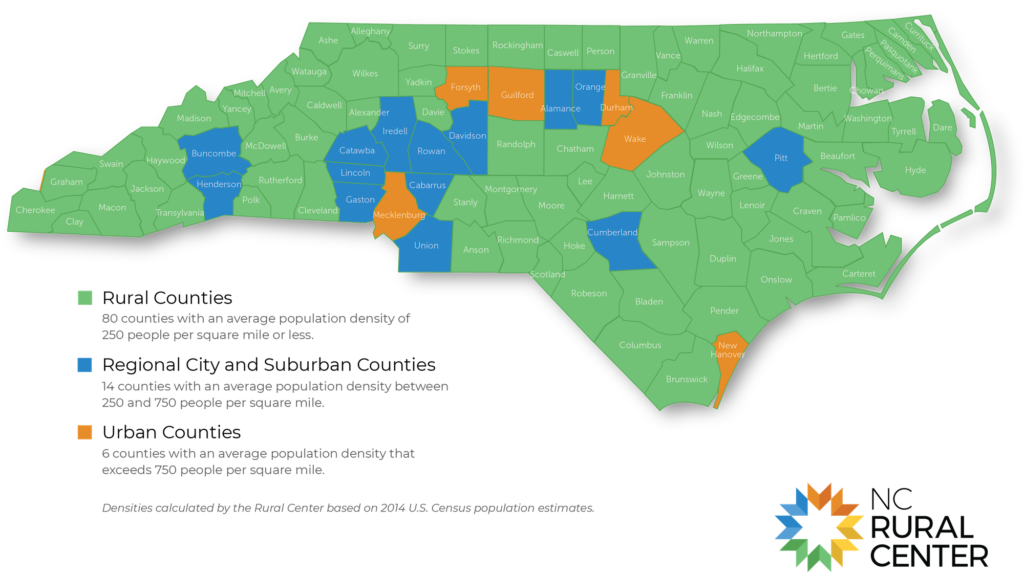NC Urban County Extension Centers
go.ncsu.edu/readext?727189
en Español / em Português
El inglés es el idioma de control de esta página. En la medida en que haya algún conflicto entre la traducción al inglés y la traducción, el inglés prevalece.
Al hacer clic en el enlace de traducción se activa un servicio de traducción gratuito para convertir la página al español. Al igual que con cualquier traducción por Internet, la conversión no es sensible al contexto y puede que no traduzca el texto en su significado original. NC State Extension no garantiza la exactitud del texto traducido. Por favor, tenga en cuenta que algunas aplicaciones y/o servicios pueden no funcionar como se espera cuando se traducen.
Português
Inglês é o idioma de controle desta página. Na medida que haja algum conflito entre o texto original em Inglês e a tradução, o Inglês prevalece.
Ao clicar no link de tradução, um serviço gratuito de tradução será ativado para converter a página para o Português. Como em qualquer tradução pela internet, a conversão não é sensivel ao contexto e pode não ocorrer a tradução para o significado orginal. O serviço de Extensão da Carolina do Norte (NC State Extension) não garante a exatidão do texto traduzido. Por favor, observe que algumas funções ou serviços podem não funcionar como esperado após a tradução.
English
English is the controlling language of this page. To the extent there is any conflict between the English text and the translation, English controls.
Clicking on the translation link activates a free translation service to convert the page to Spanish. As with any Internet translation, the conversion is not context-sensitive and may not translate the text to its original meaning. NC State Extension does not guarantee the accuracy of the translated text. Please note that some applications and/or services may not function as expected when translated.
Collapse ▲N.C. Cooperative Extension has a presence in every county across North Carolina, including our most urban counties. But depending on whom you ask or what sources you check, “urban” can be defined in many different ways.
What Counts as “Urban” in North Carolina?
For North Carolina Urban Extension, we use population density to identify urban areas across the state. According to the NC Rural Center, North Carolina has six urban counties with an average population density that exceeds 750 people per square mile. Currently, over a third of the state’s population lives in the urban counties of Mecklenburg, Wake, New Hanover, Durham, Forsyth, and Guilford.
Our state also has a growing number of “regional city and suburban counties,” or counties with a population density between 250 and 750 people per square mile. These include counties such as Buncombe, Gaston, Orange, Cumberland, and Pitt.
North Carolina Counties by Population Density
| North Carolina’s Top Urban Counties by County Population Density | |||
| County (Largest City) | 2010 County Population Density (people per square mile) |
2018 Population | |
| County | City | ||
| Mecklenburg (Charlotte) | 1,755.5 | 1,093,901 | 872,506 |
| Wake (Raleigh) | 1,178.8 | 1,092,305 | 470,509 |
| New Hanover (Wilmington) | 1,058.1 | 232,274 | 122,610 |
| Durham (Durham) | 935.7 | 316,379 | 274,497 |
| Forsyth (Winston-Salem) | 859.2 | 379,099 | 246,334 |
| Guilford (Greensboro / High Point) | 756.4 | 533,670 | 294,726 / 114,322 |
| Sources: ACS 2018 1-Year Estimates, Total Population by County & City; 2010 U.S. Census, Population Density by County | |||
Connect with us!

N.C. Cooperative Extension, Guilford County Center
Want to know what Extension is up to in your area? What programs are available? Ways to volunteer? Check out your local Urban County Extension Center to learn more:
- N.C. Cooperative Extension, Durham County Center
- N.C. Cooperative Extension, Forsyth County Center
- N.C. Cooperative Extension, Guilford County Center
- N.C. Cooperative Extension, Mecklenburg County Center
- N.C. Cooperative Extension, New Hanover County Center
- N.C. Cooperative Extension, Wake County Center



